Welcome to Shoura Luxembourg
The Shoura represents the Muslim community in the Grand Duchy of Luxembourg.
It is a legal entity under public law which has adopted a convention with the Luxembourgish State in 2015.
"Islam is a religion of peace, compassion, and justice. Its core beliefs include the oneness of Allah, the finality of the Prophet Muhammad’s (peace be upon him) prophethood, and the importance of following the teachings of the Qur’an and Sunnah (the traditions and practices of the Prophet).
The principles of Islam emphasize the importance of leading a balanced and righteous life, treating others with kindness and respect, and fulfilling one’s duties towards Allah and society..."

Hfz. Hilmija Redžić
Luxembourg Religious Leader
News
Read the latest news about Shoura and the Islamic Community in Luxembourg.
Visit our news page for older articles.
Upcoming events
The Assembly of the Muslim Community of the Grand Duchy of Luxembourg organizes various types of events with the aim of getting to know, socializing, educating and entertaining our members. Check out our events page.
Luxembourg mosques
Get more information about all Shoura associated islamic centers in Grand Duchy of Luxembourg.
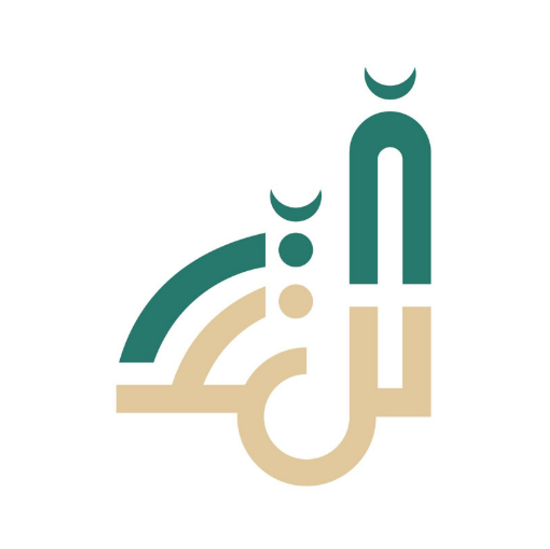

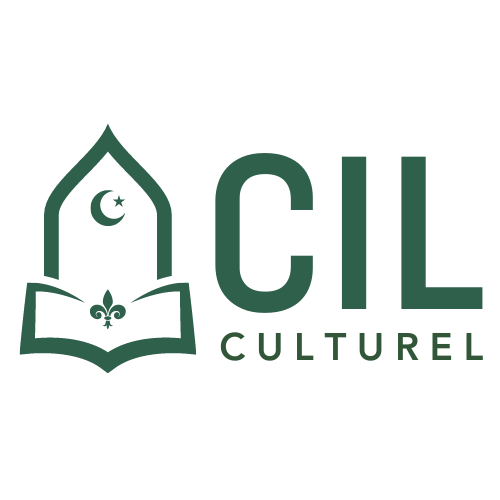
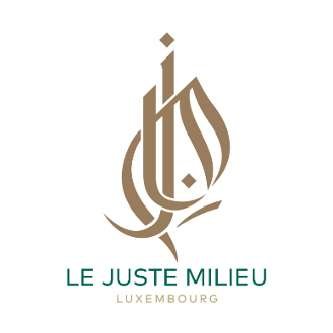


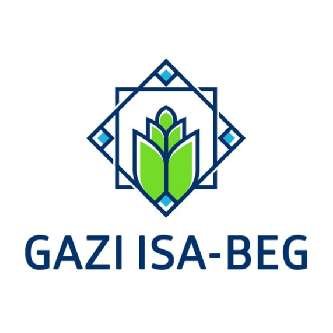
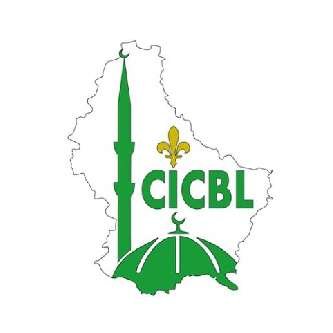
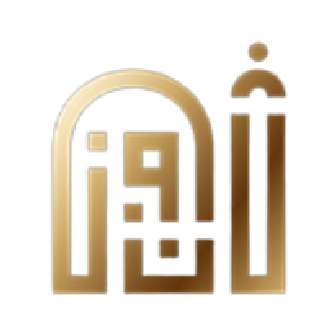



Download prayer timetables and relevant documents
Visit our Downloads page to download recent documents related to Shoura and the muslim community in Grand Dutchy of Luxembourg.



Frequently Asked Questions
Islam is a major world religion with over 1.8 billion followers, and it is important to recognize that the religion itself does not possess a singular characteristic. Islam encompasses a wide range of beliefs, practices, and interpretations.
One of the fundamental teachings in Islam is the pursuit of peace. The word “Islam” itself means “submission to the will of God” and is derived from the Arabic word for peace, “salam.” Muslims are encouraged to seek inner peace through submission to God and to promote peace and justice in society.
At the core of Islam are the beliefs in the oneness of God (Allah) and the prophethood of Muhammad, peace be upon him. Muslims believe that God is eternal, omnipotent, and merciful, and they strive to submit themselves to God’s will. The primary religious text of Islam is the Quran, believed to be the word of God as revealed to Muhammad, peace be upon him, over a period of 23 years.
Islam encompasses a comprehensive system of faith, worship, and practice. Five central pillars serve as the foundation of Islamic religious observance:
- Shahada: The declaration of faith, which states that there is no god but Allah and Muhammad is His messenger.
- Salah: The obligatory five daily prayers performed facing the Kaaba in Mecca.
- Zakat: The giving of alms or charity to support the poor and needy.
- Sawm: Fasting during the month of Ramadan, from dawn until sunset.
- Hajj: The pilgrimage to the holy city of Mecca, to be undertaken at least once in a Muslim’s lifetime if physically and financially able.
In addition to these pillars, Muslims are guided by Islamic principles and teachings, which cover various aspects of life, including ethics, family life, social justice, and governance.
Islam places great emphasis on moral values such as honesty, kindness, justice, and compassion. Muslims are encouraged to lead a righteous and balanced life, fulfilling their duties to God and fellow human beings. Islam also promotes the importance of seeking knowledge, engaging in dialogue, and treating others with respect and dignity.
Muslims are individuals who follow the religion of Islam. They are adherents of Islam and believe in the teachings and principles outlined in the Quran, the holy book of Islam, and the example set by the Prophet Muhammad, peace be upon him.
Muslims come from diverse backgrounds, cultures, and nationalities across the globe. They make up a significant portion of the world’s population, with approximately 1.8 billion Muslims worldwide, representing a wide range of ethnicities, languages, and traditions.
Muslims are an integral part of societies around the world, contributing to various fields such as science, arts, literature, education, business, and politics. They play diverse roles in their communities and strive to live in harmony with others while upholding their faith and values.
Muslims believe in the oneness of God (Allah) and the prophethood of Muhammad as the final messenger of God. They strive to submit themselves to the will of God and live their lives in accordance with Islamic teachings, which include beliefs, rituals, and ethical guidelines.
Islamic teachings emphasize concepts such as monotheism, justice, compassion, charity, humility, and the importance of community and family. Muslims engage in acts of worship, including prayer, fasting, giving of alms, and pilgrimage, as well as following moral and ethical principles in their everyday lives.
Muslims believe in the following core beliefs:
- Oneness of God (Tawhid): Muslims believe in the absolute oneness of God (Allah). They believe that God is the creator and sustainer of the universe, and there is no deity worthy of worship except Allah.
- Prophethood: Muslims believe that God has sent prophets throughout history to guide humanity. They believe in the prophethood of figures such as Adam, Noah, Abraham, Moses, Jesus, and the final prophet, Muhammad. Muslims consider Muhammad as the seal of the prophets, whose teachings and example are to be followed.
- Revelation: Muslims believe that God has revealed His guidance to humanity through various scriptures, with the Quran being the final and most complete revelation. They believe the Quran is the word of God, as revealed to Prophet Muhammad through the angel Gabriel.
- Angels: Muslims believe in the existence of angels as spiritual beings created by God. They carry out various tasks according to God’s command and serve as intermediaries between God and humanity.
- Day of Judgment: Muslims believe in the Day of Judgment, when all individuals will be held accountable for their actions in this life. They believe in the concept of heaven (Jannah) and hell (Jahannam), where individuals will be rewarded or punished based on their deeds.
- Predestination: Muslims believe in the concept of divine decree and predestination (Qadar). They believe that everything happens according to God’s will, but humans also have free will and are responsible for their choices and actions.

